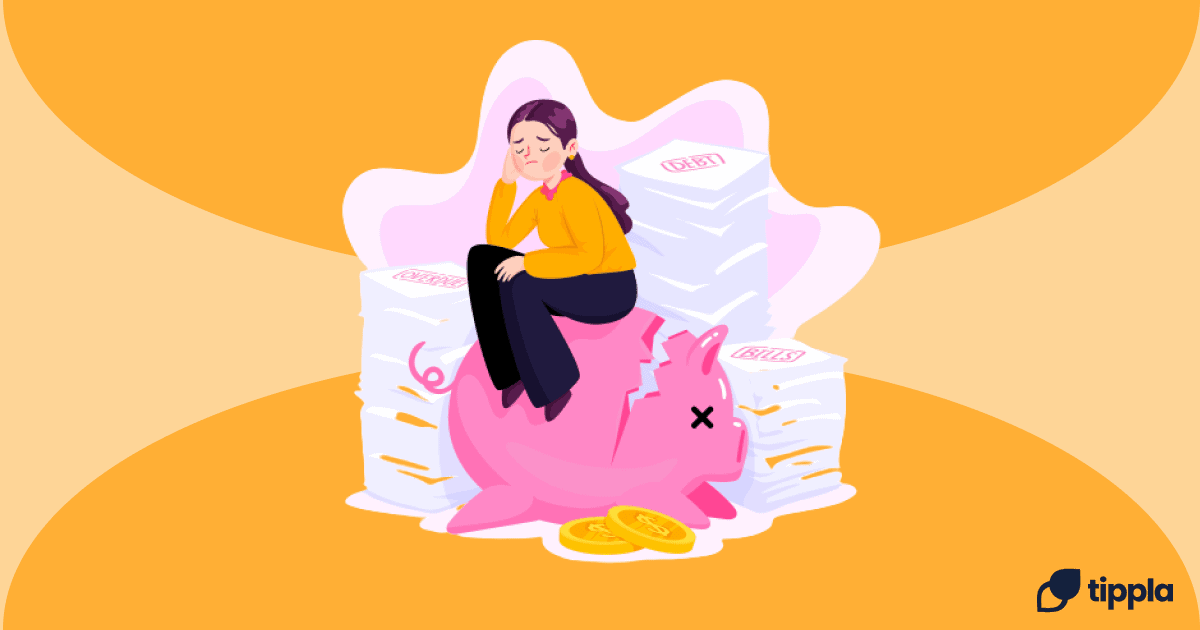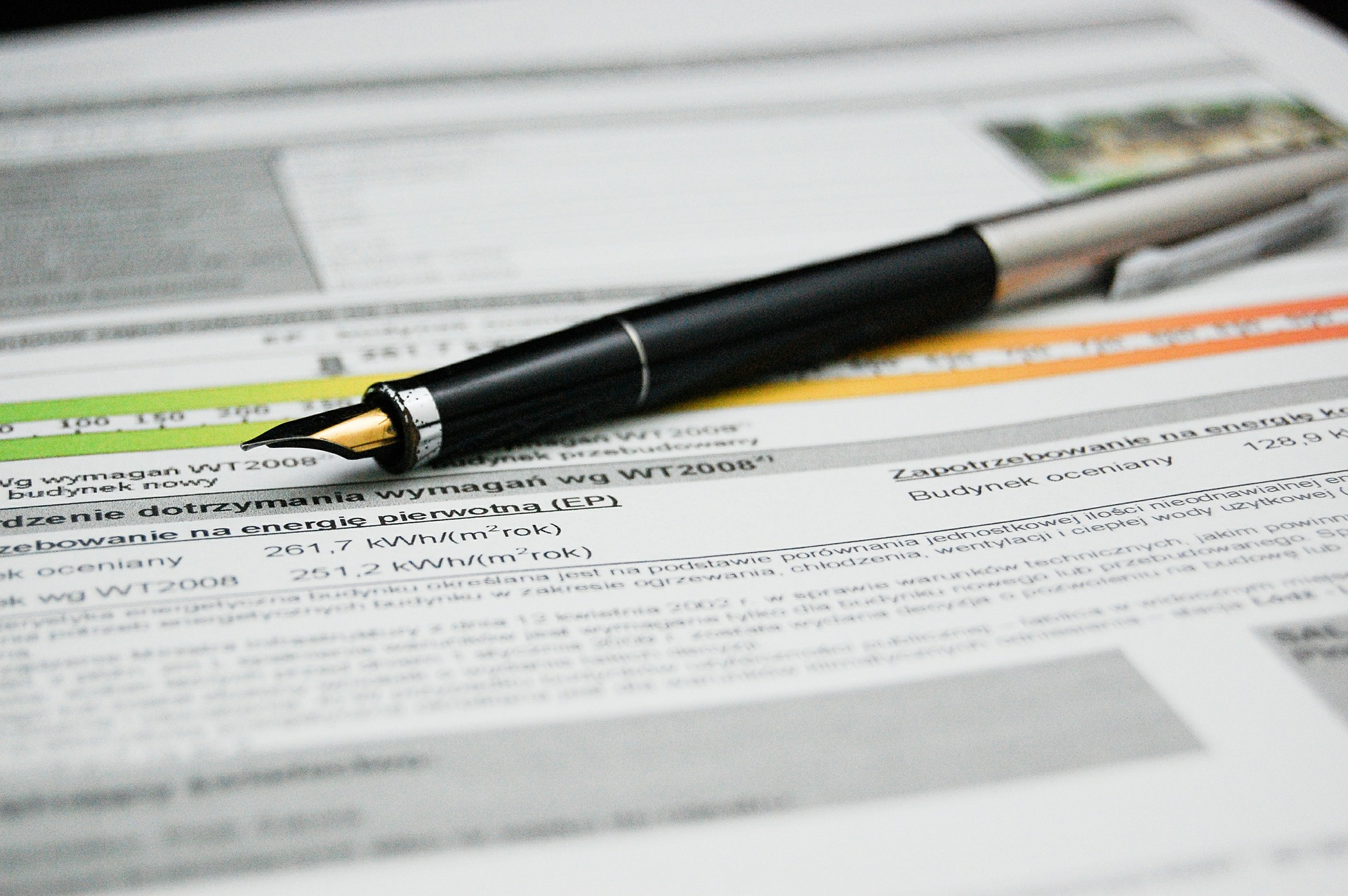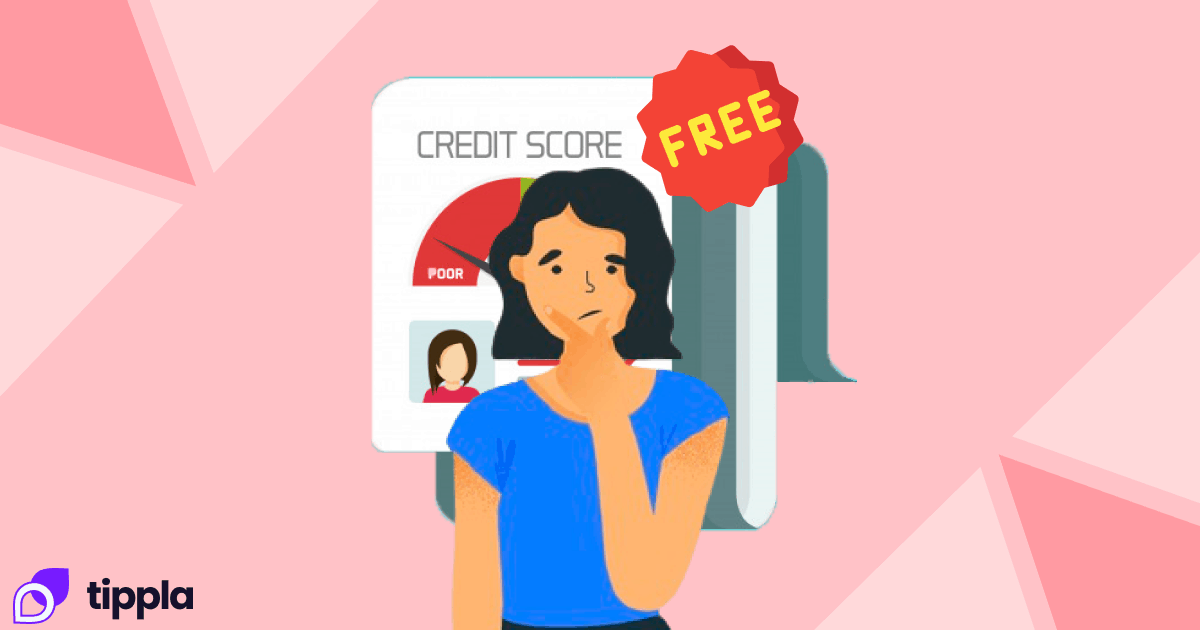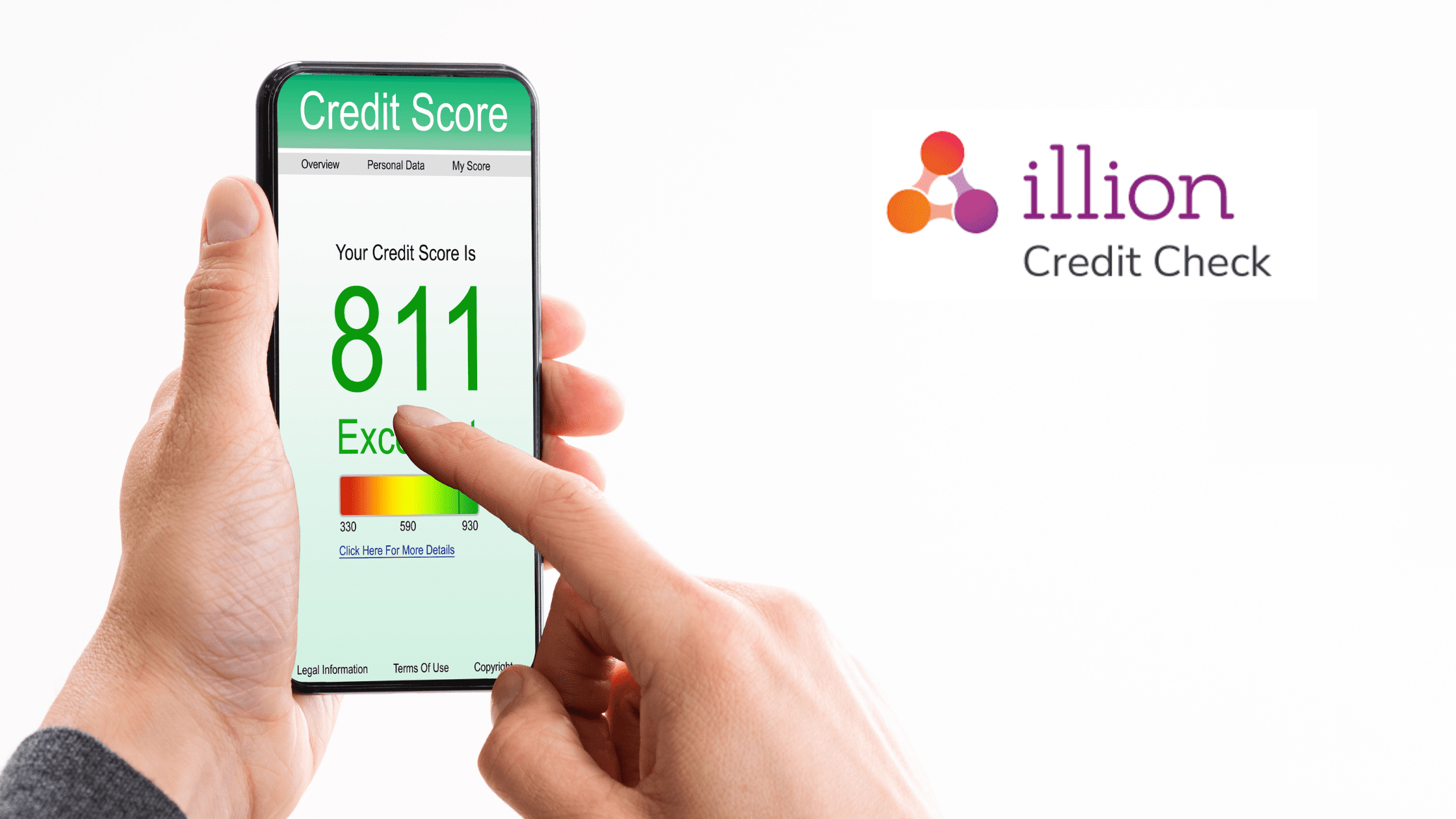Published in September 7, 2021
How to Apply for a Credit Card in Australia

Are you looking for some extra finance for emergencies, for a big purchase, or are you wanting protection from online fraud? Then a credit card might be just what you’re after! But how can you get a credit card? Tippla has put together a quick and easy guide on how to apply for a credit card in Australia.
What is a credit card?
A credit card is a payment card that is provided by banks and similar financial institutions to allow the cardholder to pay a merchant for goods and services using a line of credit.
So what does this mean? Basically, the money spent on a credit card isn’t the money that you have earned from your job. Instead, it’s a revolving line of credit that you need to repay each month, or at the very least, make the minimum repayments if you want to avoid late fees.
Am I eligible for a credit card?
Who can receive a credit card? This will vary from card to card, and it depends exactly what you’re after. But there are a few general requirements that are applicable for most cards.
These requirements are:
- You must be over the age of 18;
- An Australian citizen or permanent resident and hold a valid visa;
- Not be going through bankruptcy;
- Have a decent credit score;
- Have a stable job and steady income that will allow you to repay the maximum credit card limit.
When it comes to meeting the requirements of a credit card, the main thing the credit provider is concerned with is whether you have the ability to repay your credit card balance every month.
Can you get a credit card with no credit score?
One of the general requirements for a credit card is to have a good credit score. This shows you are responsible with your finances and can make your repayments on time. But what if you don’t have a credit card? Or what if you have a bad credit score? Can you still get a credit card?
The short answer is yes, but your options will be more limited than if you had a good credit score. The main thing banks and other credit card providers are concerned about is whether you can repay your balance. You can do this by showing them you are responsible with your money.
This could mean, highlighting that you have a steady income, a stable job and that you can save consistently. Furthermore, One thing you could do before applying for a credit card is to build your credit history or improve your credit score so that you have a lot more options at your fingertips.
Your options
If that isn’t an option, there are still things you can do. If you’re studying at university, TAFE, VET or working in an apprenticeship, then you may be eligible for a student credit card. You can apply for these types of credit cards without needing a credit score. However, you need to be a student to apply for this kind of credit card, and it might not offer the best terms and conditions compared to other types of credit cards.
Alternatively, there are such things as secured credit cards. Similar to a secured personal loan, a secured credit card is where your credit card is “secured” AKA, guaranteed to be paid. This is achieved by having a cash deposit in your bank account that’s the same as your credit limit.
You can also call your current bank and explain your situation. If you have been a customer with them for a while, they might be able to offer you a credit card based on your personal circumstances.
Can you get a credit card on Centrelink?
If you currently receive financial assistance from the government, are you eligible to apply for a credit card? Yes, being on Centrelink doesn’t mean you can’t get a credit card. However, your options might be more limited.
Before applying for a credit card, it’s important to make sure you understand and meet the eligibility requirements. You can compare your options on numerous comparison websites, however, they might not cover the entire market. You can also contact your bank to see if they have any options that meet your needs.
Generally speaking, if you can meet the common requirements – age, Australian citizen or resident, minimum income and good credit history, then there should be a credit card out there for you, regardless of whether you receive help from Centrelink.
Where can you apply for a credit card?
When you’ve determined your eligibility to apply for a credit card, the next question is where can you get a credit card? Nowadays, you can get credit cards from many different companies – and not all of them are financial institutions. It’s no longer just banks that have a monopoly.
Here is an overview of who offer credit cards in Australia:
- Australian and international banks;
- Financial institutions,
- Airlines, such as Qantas and Virgin;
- Supermarket chains, such as Woolworths and Coles;
- eCommerce companies like Kogan;
- Department stores, including David Jones.
How to apply for a credit card in Australia
Here are the simple steps you can take to apply for a credit card.
1. Do your research
Before you apply for a credit card, one of the best things you can do is research all of your options. Check if you are eligible for a credit card, and discover which credit card is best for you. Could you benefit from a rewards card, or would a card without an annual fee be more worth your while?
Here are some questions you can ask yourself when trying to determine whether a credit card is right for you, and if so, what type of card would best suit your needs:
- What will I be using the credit card for – day to day spending, to pay for bills, or to make big purchases every so often;
- Will I be able to pay off my credit card in full each month?
- Am I, at times, forgetful and not the best at sticking to a budget and therefore, likely to carry over a balance each month?
- Do I travel a lot?
- Do I exclusively do my grocery shopping at one brand – like Coles or Woolworths?
- Do I need a credit card, and can I afford it? Do I already have a lot of debt?
- Will a credit card help or harm my credit score?
2. Contact the company you want to apply with
Every time you make an application for credit the company that you apply with will check your credit score and report unless you go with a no-credit-check lender. When a lender checks your credit report, it registers as a hard enquiry on your report, and it harms your credit score.
The hard enquiry will be registered on your credit file regardless of whether you’re approved for the credit or not. Because of this, another thing you can do is when you’ve made a decision on which card you want and where you want to apply, you can contact the company directly.
Why would you do this? Because you can clarify with them whether you meet the eligibility criteria. They probably won’t be able to tell you whether you’ll be approved or rejected without you making the application, but they might be able to give you a better idea.
Therefore, when you make the application, you can be more secure in the fact that you will be approved, and keep the impact on your credit score to a minimum.
3. Submit your application
Once you have done your research, and you’re sure you meet all of the eligibility requirements, you can then submit your application. Most companies will allow you to apply online. These forms generally don’t take very long.
Alternatively, if you’re applying for a credit card with a bank, you can go to your local branch and submit your application in person.
Summing it up
We’ve thrown a lot of information at you, so let’s sum it up. Here’s how to apply for a credit card in three easy steps:
- Do your research – identify why you need a credit card and which type of card would be best for you. Once you have determined this, you can then find which company can offer you the best deal;
- Make sure you meet the eligibility criteria – when you’ve found which card you want, take a look at the eligibility criteria to make sure you meet the company’s standards. If you’re not sure, you can contact them to try and get a better idea;
- Make your application – the easiest way is to apply online, however, if you’re applying with a bank, then you can go into your local branch if you’d prefer to do it in person.
While we at Tippla will always do our best to provide you with the information you need to financially thrive, it’s important to note that we’re not debt counsellors, nor do we provide financial advice. Be sure to speak to your financial services professional before making any decisions.
Related articles

Can You Get a Personal Loan After Bankruptcy?
12/10/2021
There are many reasons why someone might have to...

Tippla Has The Lowdown On Signature Loans!
28/07/2021
What are signature loans? Signature loans are usually given...

Why Is Your Credit Score Important? A Quick Overview
18/07/2023
Whilst your credit score is only a number, it...

Subscribe to our newsletter
Stay up to date with Tippla's financial blog